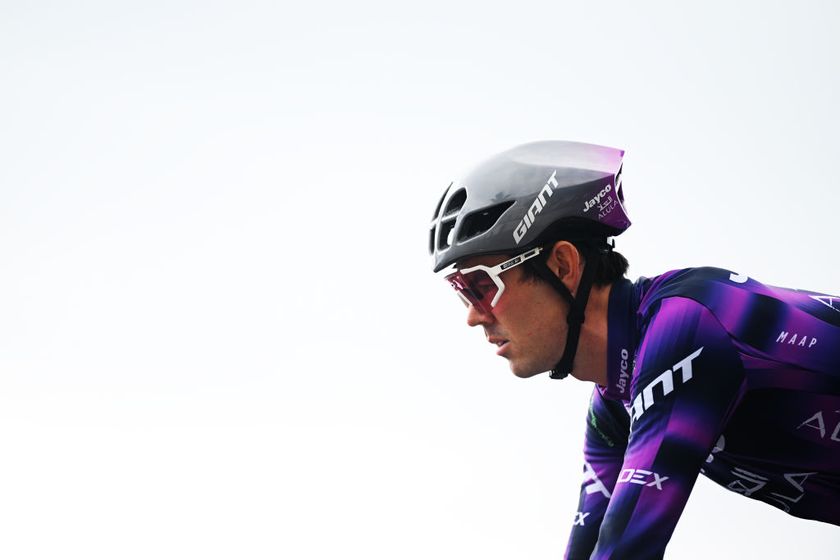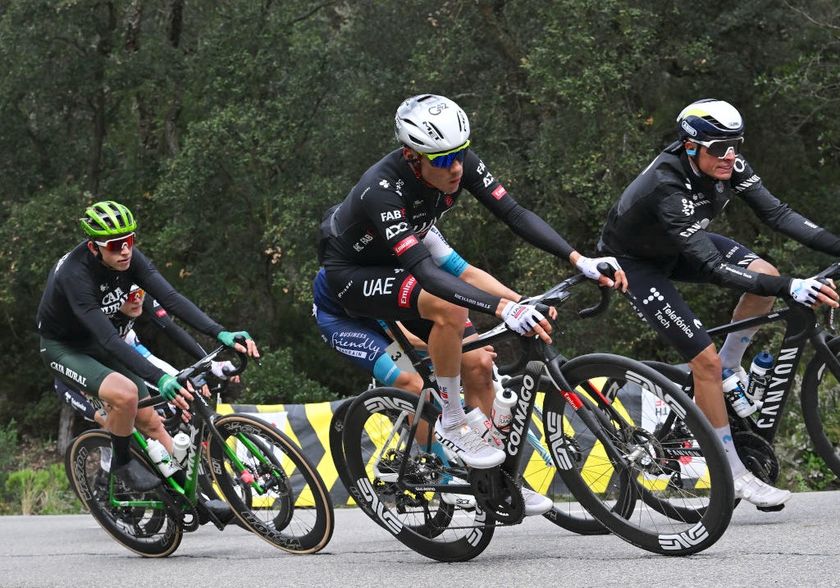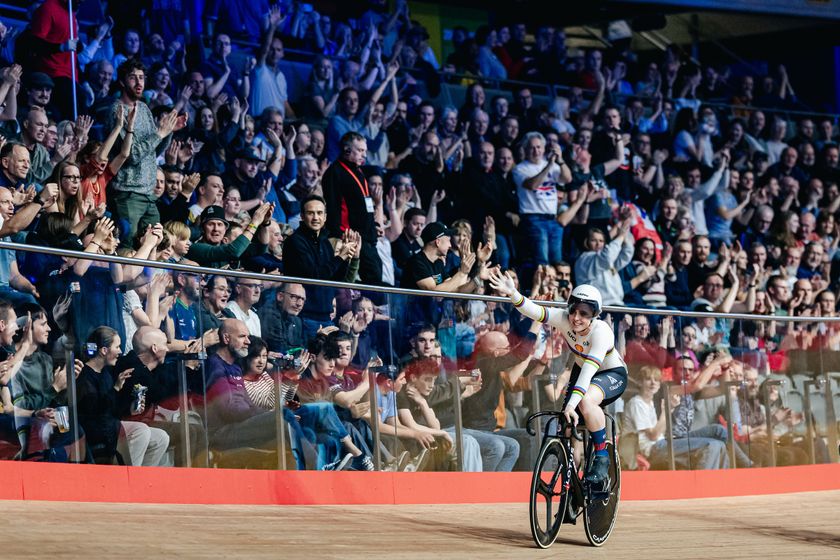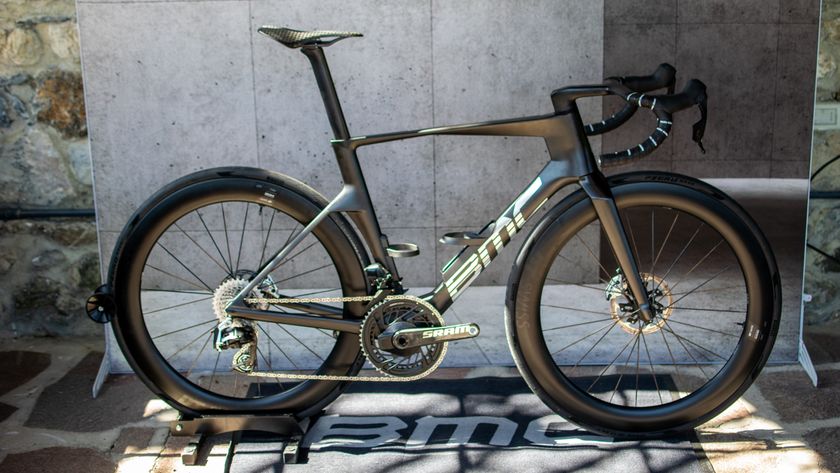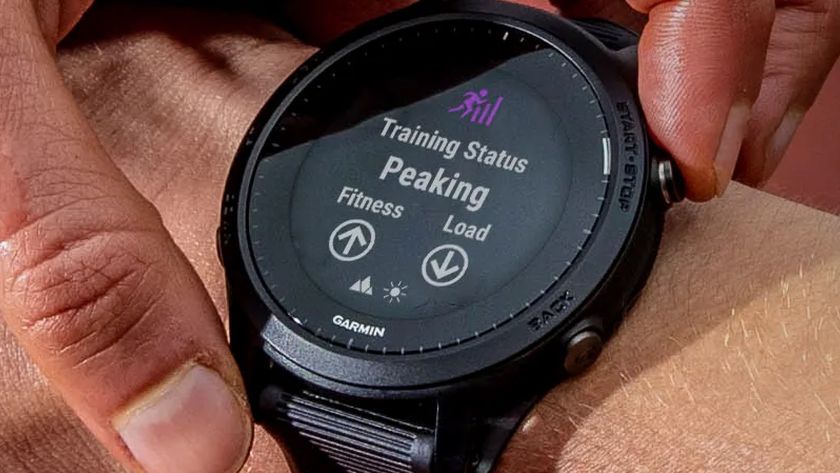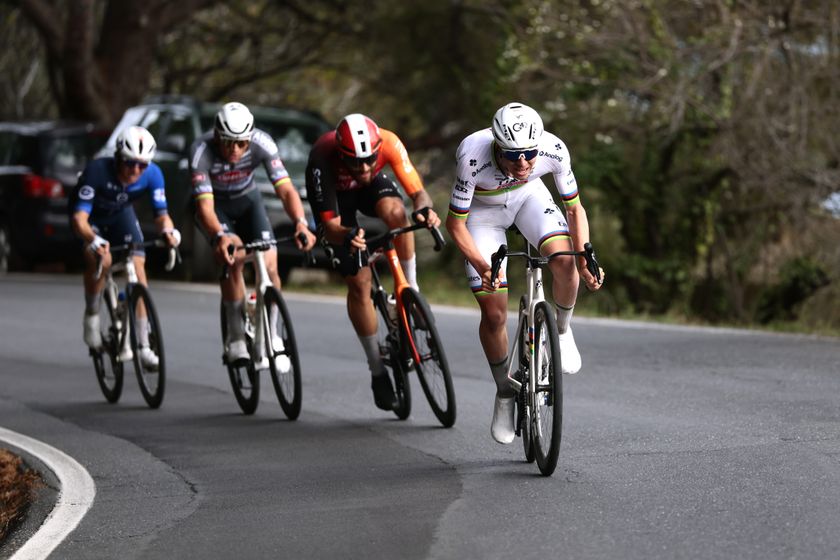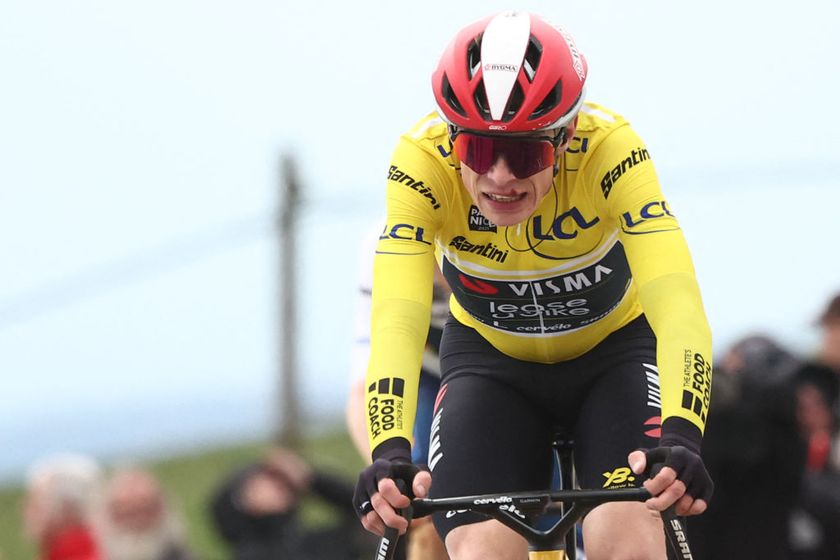Sinkewitz banned for eight years by CAS
Court upholds decision against German road pro




The Court of Arbitration for Sport (CAS) upheld the appeal filed by the German Anti-doping Agency on Monday, and as a result, Patrik Sinkewitz is banned for competition for eight years.
Sinkewitz returns adverse analytical finding for Human Growth Hormone
Sinkewitz B-sample confirms growth hormone
Sinkewitz challenges human growth hormone positives
Sinkewitz to sue UCI over doping suspension
Sinkewitz HGH doping case still pending, 11 months later
Sinkewitz cleared of HGH doping charges
German NADA looking to investigate Klöden, Sinkewitz and Kessler for blood doping
Sinkewitz returns from doping drama to win opener of Settimana Ciclistica
The German Anti-doping Agency had filed an appeal at the CAS to challenge the decision rendered on June 19 by the German Arbitration Tribunal for sports-related disputes, which had acquitted Sinkewitz of any anti-doping rule violation.
Sinkewitz underwent a doping control on February 27, 2011 at the end of the Grand Prix of Lugano in Switzerland. The analyses of the A and the B samples revealed the presence of recombinant growth hormone (recGH).
In its appeal, the German Anti-doping Agency requested that a period of ineligibility of no less than eight years be imposed on the athlete, considering that he already served a one-year suspension in 2007 for an anti-doping rule violation.
Sinkewitz had disputed the reliability of the hgH test and claimed that several departures from the International Standards for Laboratories (ISL) had occurred during the process.
The CAS Panel making the decision - including Prof. Christoph Vedder, President (Germany), Dr. Dirk-Reiner Martens, Germany, and Prof. Dr. Martin Schimke, (Germany) - found that the German Anti-doping Agency had clearly established that the athlete's blood samples revealed the presence of recGH. On that basis, the panel decided that Sinkewitz had in fact committed a violation.
One year, three months and four days - already served as a voluntary suspension - have been applied to the eight-year total suspension.
Get The Leadout Newsletter
The latest race content, interviews, features, reviews and expert buying guides, direct to your inbox!
In addition to the suspension, Sinkewitz was ordered to pay a fine of 38,500 euros.
Sinkewitz's decision came after CAS had ruled in favor of Estonian cross country skier Andrus Veerpalu one year ago. The skier had also been suspected of a violation with recGH. However, the CAS panel noted that in the case of Sinkewitz, there was no borderline situation which might trigger the benefit of uncertainty like in the Veerpalu case.
"The CAS Panel is of the view that the findings in both the Veerpalu decision and of the German Anti-Doping Agency decision do not undermine the reliability of the so-called 'decision limits' as such and do not prevent the panel from taking into consideration the ratios found in the athlete's samples as means of evidence," read a statement on the CAS website. "The CAS Panel does not have to scientifically evaluate the process of the determination of the decision limits and can restrict itself to evaluating the persuasive weight of the expert testimonies before it. The CAS Panel in Veerpalu's case essentially based its conclusion on technical issues such as late or incomplete provision of information and data by the FIS."
Sinkewitz is currently racing for the UCI Continental Meridiana Kamen Team and placed 2nd to Jose Serpa at the Trofeo Laigueglia this past Friday.
